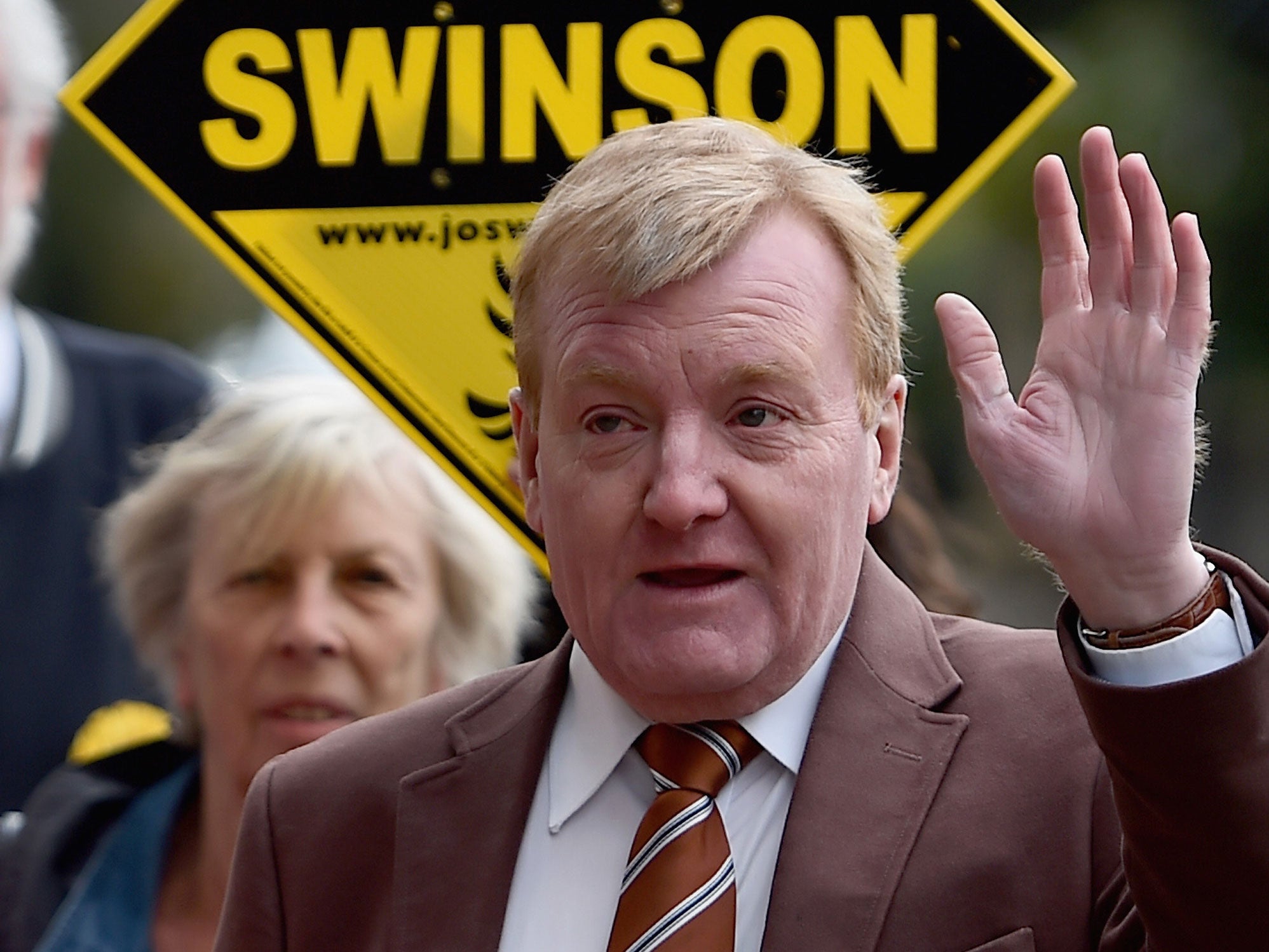Charles Kennedy and the rise and fall of the Liberal Democrats
Farewell to the party’s leader who made its time in government possible, but who was against going into coalition


Your support helps us to tell the story
From reproductive rights to climate change to Big Tech, The Independent is on the ground when the story is developing. Whether it's investigating the financials of Elon Musk's pro-Trump PAC or producing our latest documentary, 'The A Word', which shines a light on the American women fighting for reproductive rights, we know how important it is to parse out the facts from the messaging.
At such a critical moment in US history, we need reporters on the ground. Your donation allows us to keep sending journalists to speak to both sides of the story.
The Independent is trusted by Americans across the entire political spectrum. And unlike many other quality news outlets, we choose not to lock Americans out of our reporting and analysis with paywalls. We believe quality journalism should be available to everyone, paid for by those who can afford it.
Your support makes all the difference.I remember Charles Kennedy when he came to talk to some of us at The Independent after he became leader of the Liberal Democrats in 1999. He described Tony Blair, William Hague and himself, the leaders of the three main parties, as “actor-managers”.
He was good at it. He wasn’t just an actor, although he was a good communicator. He was a manager too, overseeing the maintenance of an effective electoral machine. And he was a shrewd judge of political strategy.
He took over from Paddy Ashdown, an energetic, risk-taking leader who had brought the party from the depths of irrelevance – it was briefly called the Social and Liberal Democrats, or Salads, after the merger – to the brink of power.
Then Kennedy went in the opposite direction. He took a lower profile and avoided risks, readying himself for the longer haul. He knew little about Ashdown’s talks with Tony Blair about a possible coalition – negotiations that continued, against all the laws of political gravity, after the 1997 election – and positioned himself in opposition to New Labour.
This was despite his personal closeness to Alastair Campbell, revealed in Campbell’s touching tribute to him today, and Blair’s frequent reference to him as an example of how close Labour and the Lib Dems really were ideologically.
Instead, Kennedy emphasised the differences, especially on civil liberties after 9/11 and then on Iraq – which involved disagreeing not just with Ashdown, who continued privately to support military action against Saddam, but with Menzies Campbell, the party’s foreign affairs spokesman.
I assume his opposition to the Iraq war was sincere, although it was hardly brave, given the state of opinion polls in 2002-03. But he deserves great credit for the tone and quality of his opposition, as Alastair Campbell says, avoiding the hyperbole of “lies” and “war crimes”.
His steady leadership combined with effective targeting produced a gain of six seats in the 2001 election and then 10 more in 2005, after the Iraq war, taking the party to 62 seats in the House of Commons.
He it was who made the Lib Dem role in a coalition government possible. So it was a paradox that, after he was ousted as leader on account of his drink problem, he was the only Lib Dem MP who opposed going into coalition (I think he abstained in the vote, along with one or two other MPs, but the details of that meeting remain murky).
Thanks to him, the great hypothetical question of whether the Lib Dems should have stayed out of coalition and offered conditional support to a minority Conservative government is slightly less hypothetical. He was certainly proved right in the sense that the party is now in a worse position than when Ashdown became leader in 1988.
He was still thinking creatively and unconventionally about politics after losing his seat last month. Alastair Campbell reveals that Kennedy texted him recently to say, “Fancy starting a new Scottish left-leaning party? I joke not.”
Now we will never know what he had in mind, which is a shame.
Join our commenting forum
Join thought-provoking conversations, follow other Independent readers and see their replies
Comments